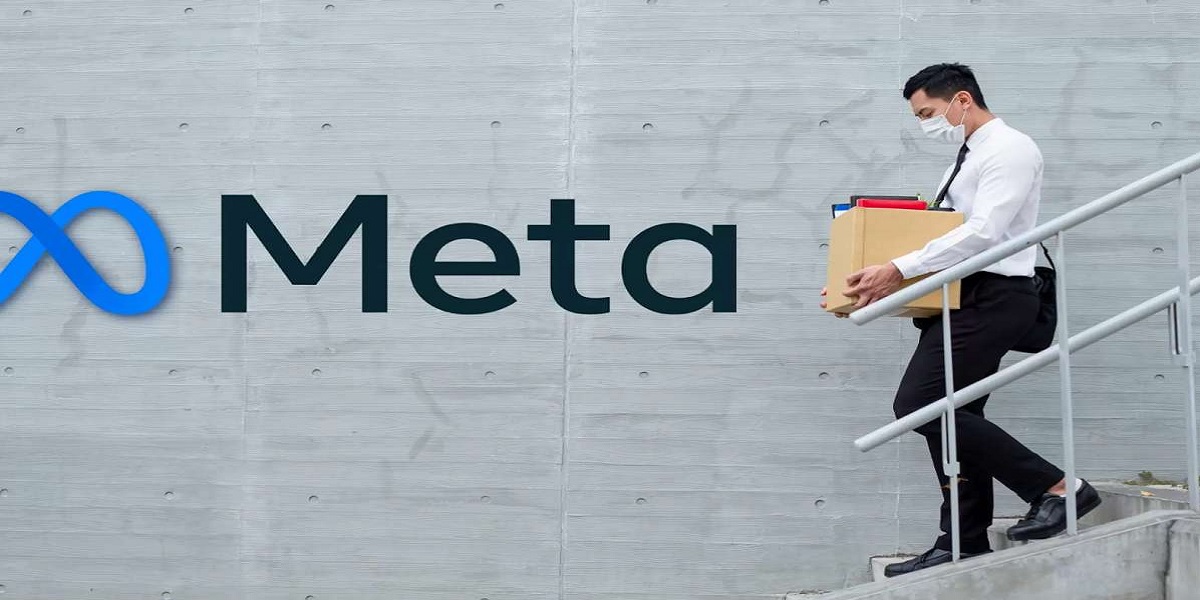Meta Shocks Tech World: 600 AI Jobs Eliminated in Sweeping Restructuring!

Meta has announced a significant internal restructuring within its artificial intelligence division, leading to the elimination of approximately 600 jobs. This decision, revealed in a memo sent to employees by Chief AI Officer Alexandr Wang, primarily impacts teams across its Superintelligence Labs, which oversee much of the company’s AI research and product development. Affected units include the fundamental AI research (FAIR) unit, as well as various product and infrastructure divisions. The company has clarified that these layoffs are part of a strategic effort to streamline decision-making, enhance AI operations, and address what it termed “organisational bloat.” Wang’s memo emphasized that a more compact team would necessitate fewer discussions, thereby increasing individual responsibility, scope, and overall impact, ultimately aiming to accelerate product delivery.
These reductions are consistent with CEO Mark Zuckerberg’s designation of 2023 and 2024 as “years of efficiency,” following previous waves of layoffs aimed at optimizing the company’s structure after a period of rapid expansion. This strategic shift underscores Meta’s sustained focus on operational efficiency, even as it continues its substantial investments in AI. Employees impacted by these changes will receive official communications and may be considered for internal reassignments where possible.
The current job cuts arrive just months after Meta garnered attention for its aggressive recruitment of top AI talent, offering multi-million-dollar compensation packages to over 50 specialists from rival firms such as OpenAI, Anthropic, Google, and Microsoft. Insiders now characterize this period of aggressive hiring as “overgrowth,” where new roles were often added without proper integration, leading to project fragmentation and hindering progress. This issue became particularly evident after ChatGPT’s 2022 debut intensified the global AI race, with Meta initially lagging behind competitors despite its open-source Llama model generating significant interest.
Earlier this year, Meta initiated a comprehensive reorganization of its AI division into four distinct units: FAIR for foundational research, a dedicated superintelligence division, a product team, and an infrastructure group. The recent 600 job cuts predominantly affected the first three of these divisions. Notably, the team focused on “superintelligence” models was not subjected to these reductions and reportedly continues to expand its headcount. Alexandr Wang, formerly co-founder of ScaleAI, is now spearheading Meta’s initiative to consolidate its leading researchers into a more efficient, unified team, a strategy reinforced by Zuckerberg’s substantial $14.3 billion investment in ScaleAI and the integration of key engineers from Wang's former company into Meta’s AI unit, all part of a plan to overhaul its technical infrastructure and close the gap with leading competitors.
Although the 600 job cuts represent less than 1% of Meta’s global workforce of approximately 70,000 employees, this move signals a crucial strategic transformation in its AI management approach. It mirrors a broader industry trend towards leaner, more results-oriented teams. Zuckerberg consistently reaffirms AI as Meta's foremost strategic priority, positioned alongside virtual and augmented reality. The company remains committed to integrating advanced AI features across its diverse portfolio of applications, including chatbots on Messenger, automated content generation on Instagram, and sophisticated ad optimization tools for businesses.
Meta’s distinctive open-source strategy, particularly with its Llama models, differentiates it from competitors employing closed systems like OpenAI and Google. By freely sharing its models, Meta aims to expand its global influence among developers and researchers, even amidst internal scaling back. The restructuring is a direct response to the escalating expenses and inherent complexities associated with advanced AI development. Meta’s objective is to enhance coordination, accelerate progress, and effectively manage the significant costs involved in attracting elite researchers and constructing the extensive infrastructure required for large-scale models.
Zuckerberg has reassured both staff and investors that these cuts are specifically designed to sharpen the efficiency and focus of Meta’s research and product teams, rather than to curtail overall AI investment. The company has outlined plans to expand its data center capacity and continue recruiting in critical AI domains such as large language models and generative systems. This industry-wide shift from aggressively competing for AI talent to a concentrated effort on delivering profitable, market-ready AI tools marks a significant turning point for Meta, signaling a transition from prioritizing rapid growth to meticulously managing scale. Ultimately, Meta’s ability to effectively balance innovation with stringent financial discipline will be a decisive factor in determining its competitive standing in the dynamic next phase of the AI race.
You may also like...
Wolves Fandom Erupts: 'Sell the Club!' Chants Rock Stadium Amidst Frustration!

Wolves fans' frustration reached a boiling point at Molineux, with chants against the club's ownership and manager Vitor...
Haaland's Agony: Disallowed Goal and Injury Plague Man City's Disappointing Outing!

Manchester City's nine-match unbeaten run came to an end at Villa Park as Aston Villa secured a victory, highlighted by ...
Andrew Garfield Teases Spider-Man Return, But Fans Should Brace for a 'Catch'

Andrew Garfield has expressed a keen interest in joining Sony's animated *Spider-Verse* franchise, hinting at a potentia...
Mel Gibson's 'Passion of the Christ' Sequel Faces Blasphemy Outcry Over Jesus Recasting

Mel Gibson's highly anticipated sequel, "The Resurrection of the Christ," is moving forward two decades after the origin...
Snoop Dogg Drops Bombshell at Verzuz Relaunch in Vegas, Igniting No Limit-Cash Money Battle

Snoop Dogg made a surprise appearance at ComplexCon in Las Vegas, joining his former label, No Limit Records, in a star-...
Daft Punk Legend Thomas Bangalter Stuns Paris with Surprise DJ Set Alongside Fred again..

Daft Punk's Thomas Bangalter made a rare surprise appearance with Fred again.. for a DJ set at Paris' Centre Pompidou. T...
Obama Dives Deep: New Podcast Honors Revolutionary Fela Kuti

Former U.S. President Barack Obama has curated a new 12-episode podcast series, "Fela Kuti: Fear No Man," celebrating th...
Waje & KCee Ignite Romance with New Track 'Luvey Luvey'

Waje has released a new single, “Luvey Luvey,” featuring KCee, a warm and feel-good song celebrating love. Blending Afro...



